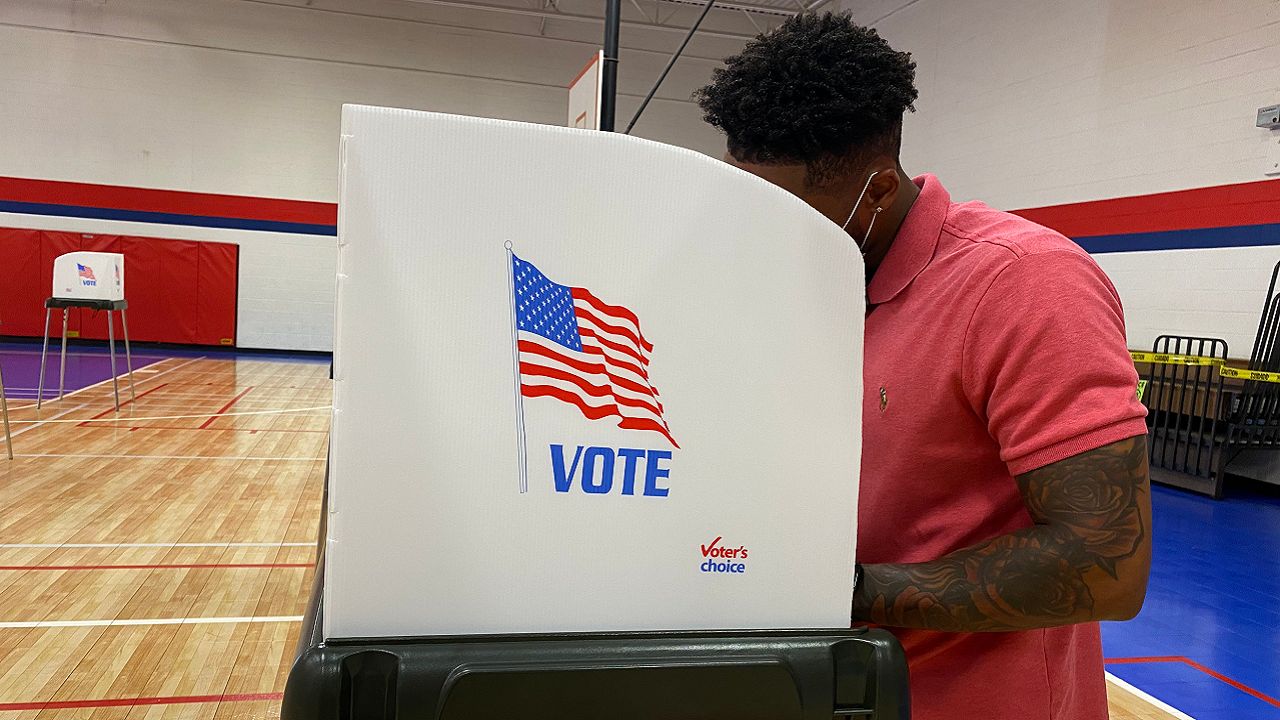LOUISVILLE, Ky. — As more than 2 million Kentuckians voted in the 2020 General Election, first by mail, then in-person, hundreds of calls came in to the state’s Election Law Violations Hotline. They reported suspected voter fraud, asked questions about absentee ballots, and in one case, accused a dead person of voting.
Now, two days after voting ended, the Attorney General’s office is reporting that 401 total complaints were made over the course of the last several weeks. Fewer than 80 of them were for fraud. That’s one case of suspected fraud for every 26,000 ballots cast.
In a year that saw President Donald Trump warn of Democratic attempts to steal the election, the numbers are further evidence that voter fraud is simply not a problem.
“There’s never been any evidence of significant amounts of in-person voter fraud anywhere in the United States,” said Northern Kentucky University Law Professor Ken Katkin. No modern study has proof “of in-person voter fraud that could even rise to the level of one one-hundredth of a percent of the votes that were cast.”
The roughly 80 instances of accused voter fraud in Kentucky this election amount to 0.00003 percent of the total votes cast, or three-one-hundred thousandths.
The highest number of calls to the hotline, a total of 101, were for “procedural questions,” according to the attorney general’s website. These calls were largely related to the process of casting an absentee ballot, Assistant Attorney General Alex Garcia said.
The second most were for “General Election Fraud/Other.” There were 72 of these calls, most coming prior to Election Day. Calls for “Electioneering," which includes campaigning too close to a polling place, and “Special or Absentee Ballot” were tied for third with 36 each.
Fifty-six counties saw complaints come in during the early voting period and 30 had them come in on Election Day. The most Election Day calls, 58, came from Jefferson County. Garcia said the 388 calls related to the General Election were slightly up from the primary, when the hotline received 330 calls.
The list of reasons people called the hotline includes the forms of voter fraud that attract disproportionate attention from some politicians and activists. There were three calls for a “Person Voting More Than Once,” two calls for “Vote Buying/Selling (Bribery),” and one call for a “Dead Person Voting.” Garcia said that none of these calls are the subject of an ongoing investigation.
And yet, when Attorney General Daniel Cameron posted about the hotline on social media he repeatedly referred to it as the “Election Fraud Hotline,” even though his own website calls it an “Election Law Violations Hotline” and the majority of the calls were not related to fraud.
Asked to explain why the hotline would be referred to that way given the lack of fraud calls, Garcia said, “That was just the name we came up with.” It's also the name that previous Attorneys General, including Andy Beshear and Jack Conway, have used to refer to the hotline.




